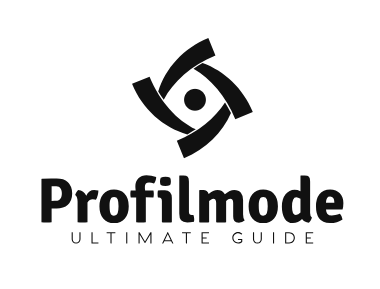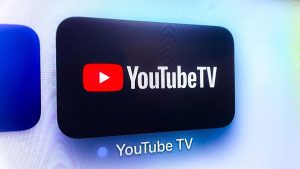
Online counseling has become an increasingly popular method for supporting teenagers through various mental health challenges. However, despite its growing acceptance, several myths about seen counseling online continue to persist, preventing many from seeking the help they need.
Myth 1: Online Counseling Is Not as Effective as In-Person Therapy
One of the most prevalent myths is that online counseling is inferior to traditional, in-person therapy. The truth is, that numerous studies have shown that online counseling can be just as effective as face-to-face sessions. For teens who are tech-savvy and accustomed to communicating online, this medium can feel more comfortable and less intimidating, fostering a more open and honest dialogue with their counselor.
Myth 2: Online Counseling Is Not Confidential
Another misconception is that teen counseling onlinelacks the privacy and confidentiality of in-person sessions. Reputable online counseling platforms use advanced encryption methods and adhere to strict privacy regulations to ensure that all communication between teens and counselors remains secure and confidential.

Myth 3: Teens Won’t Engage in Online Therapy
Some believe that teens won’t take online therapy seriously or engage fully in the process. However, many teenagers find online platforms more engaging because they are familiar with digital communication. The flexibility of online sessions also allows teens to participate from a place where they feel safe and comfortable, increasing their likelihood of engagement.
Myth 4: Online Counseling Is Impersonal
Contrary to the belief that online counseling lacks the personal touch of face-to-face interactions, many teens find it easier to express themselves when not sitting directly across from a therapist. Video calls, chats, and even phone sessions can provide a sense of connection while allowing teens the space they need to feel at ease.
Debunking these myths is crucial in helping more teenagers access the mental health support they need. Online counseling offers a viable, effective, and confidential alternative to traditional therapy, particularly in a world where digital communication is second nature to the younger generation.








